The most gratifying thing for me was that this book was listed as a millennium book along with Dr. B.R. Ambedkar’s Annihilation of Caste. Moreover, it has been translated into several Indian languages. In a way it has become a weapon in the hands of Dalitbahujan activists. (From the new Afterword to the second edition). Kiancha Ilaiah writes with passionate anger, laced with sarcasm on the caste system and Indian society. He looks at the socioeconomic and cultural differences between the Dalitbahujans and Hindus in the contexts of childhood, family life, market relations, power relations, Gods and Goddesses, death and, not least, Hindutva. Synthesizing many of the ideas of Bahujans, he presents their vision of a more just society. In this second edition, he presents an Afterword that discusses the history of this book, often seen as the manifesto of the downtrodden Dalibahujans. He talks of tis rviews as well of the abuse he has received from its detractors. He reminds us of the need for an ongoing dialogue. As he says, he wrote the book ‘for all who have open minds. My request to Brahmin, Baniya and Neo-Kshatriyas (upper class Sudras) is this, you learnt only what to teach others: the Dalitbahujans. Now in your own interest and in the interest of this great country you must learn to listen and to read what we have to say.
ABOUT THE AUTHOR Kancha Ilaiah
The author is professor and head (2003-05), department of political science, Osmania University, Hyderabad. he has helped to build up Dalitbahujan and civil liberties movements in India. As a member of the Satyashodhak research team he built an ideological discourse in the Post Mandal Report period. He wrote The State and Repressive Culture: The Andhra Experience (1989), which made a significant contribution towards evolving a perspective on caste and civil liberties. His paper 'Experience as Framework of Debate', which appeared in the Economic and Political Weekly, set up new terms for the debate on the reservation policy during the anti-Mandal struggle in 1990. His contributions have appeared in Economic and Political Weekly, Frontier and Mainstream, and in major national English dailies like The Hindu, times of India, Hindustan Times, Indian Express, Deccan Herald and Deccan chronicle. He is also a regular contributor to Teleu magazines and to dailies like Vaartha and Andhra Jyothi. His second book, God as Political Philosopher: Buddha's Challenge to Brahminism, emerged out of his Ph.D. thesis. His third book, Buffalo Nationalism-A Critique of Spiritual Fascism, offers a selection from his columns in popular newspapers and journals. Since Why I am not a Hindu raised a major debate in English and other regional media, he wrote a book in Telugu, Manatatwam (Our Philosophy), which put the Dalitbahujan productive philosophy in a new perspective. Manatatwam, as a follow up of Why I am Not a Hindu, has become an ideological weapon among Dalitbahujan and Left circules in Andhra Predesh. His work, 'The other Nationalism: A Study in Dalitbahujan Nationalist Thought and Ideology', will be published by the Nehru Memorial Museum and Library, Delhi, and is the result of research undertaken under its auspices as a fellow. He was also a postdoctoral fellow with Dalit Freedom Network, Denver, Colorado, for six months in 2004-05. He was a member of the National Campaign for Dalit Human Rights that took the caste and untouchability issue to the UN conference on Racism, Racial discriminiation and Xenophobia at Durban in 2001. He has lectured extensively on the caste system in India and the USA, the UK and the Netherlands. He says that Why I am Not a Hindu has changed the entire direction and course of his life.

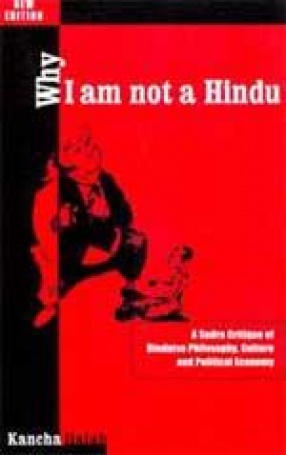
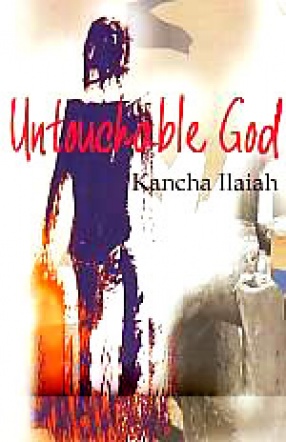
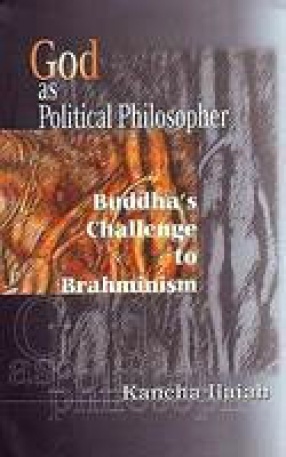

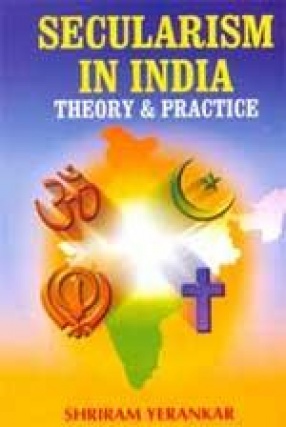
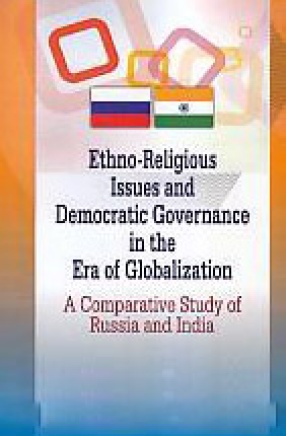
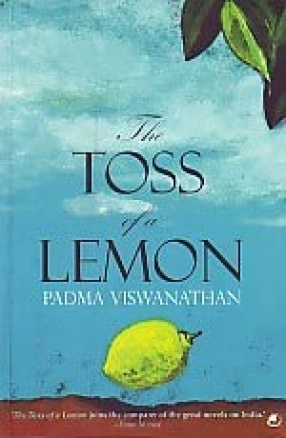
There are no reviews yet.